There are around 170 individual shops here, each housing a share of the area’s personality and heart, which spill out onto the sidewalk the further you walk in. At the very edge by Asakusa-dori, you’ll find the start of the street distinctively marked out by the 11-metre-high chef’s head which towers over the entrance.
I’d advise leaving rucksacks behind before picking a trail through the crowded shelves packed with artisanal crockery, famously sharp kitchen knives, and everything you’d need to fully equip any Japanese kitchen. With much of this stock balanced a little too precariously between narrow aisles, I quickly realised if I didn’t walk with caution, I’d be responsible for a minor bento box avalanche.
As a long-term supplier to many businesses in the food industry (and many more Japanese housewives) the area has earned the nickname ‘Kitchen Street’, although its original name has a link with the famous mythical ‘Kappa’, a rather bizarre turtle-like imp with a fondness for cucumbers. There may be no obvious link between Kappa and kitchens, but a golden statue and icons near each store confirm the Kappa’s position as a beloved mascot here.
Browsing the area, you’ll find a few cafes and kitchen knife shops with modern stylings, and then in contrast, outlets that are practically museums of Japanese craftwork. Even if you have no intention of making a purchase, the knowledge and craftsmanship behind the creation of each item gives rise to a library-like atmosphere perfect for browsing.
For those most interested in window shopping (like me), you should check out the deceivingly contemporary KAMA-ASA supply store (established 1908), one of the many shops stocking traditional goods. If you have more time to spare, be sure to also check out the western tableware store, Niimi too.
On a quirkier note, Kappabashi also supplies ‘Shokuhin Sanpuru’, plastic food samples used to advertise the dishes on offer outside food outlets in Japan. For those who haven’t yet faced the confusion caused by these impressively accurate fakes, here’s a chance to get up close without staring into a restaurant for 10 minutes and disturbing the customers. Walls of pancakes, icy beers, fruit, fish, roast chicken and none of it edible. There are smaller souvenirs available too, including phone cases that look like they’ve been dropped in someone’s lunch.
Kappabashi stores generally open on a 10:00 to 17:00 schedule, with some exceptions and closures on the weekend. The enormous knife-wielding chef should tip you off that you’re in the right place to start your trip through one of Tokyo’s largest specialist shopping streets.


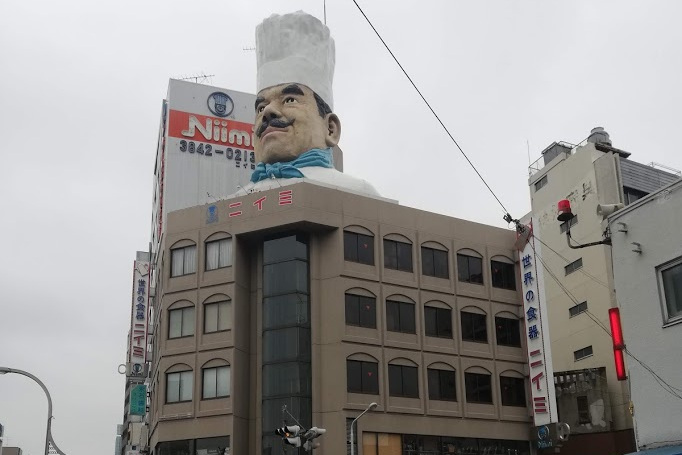
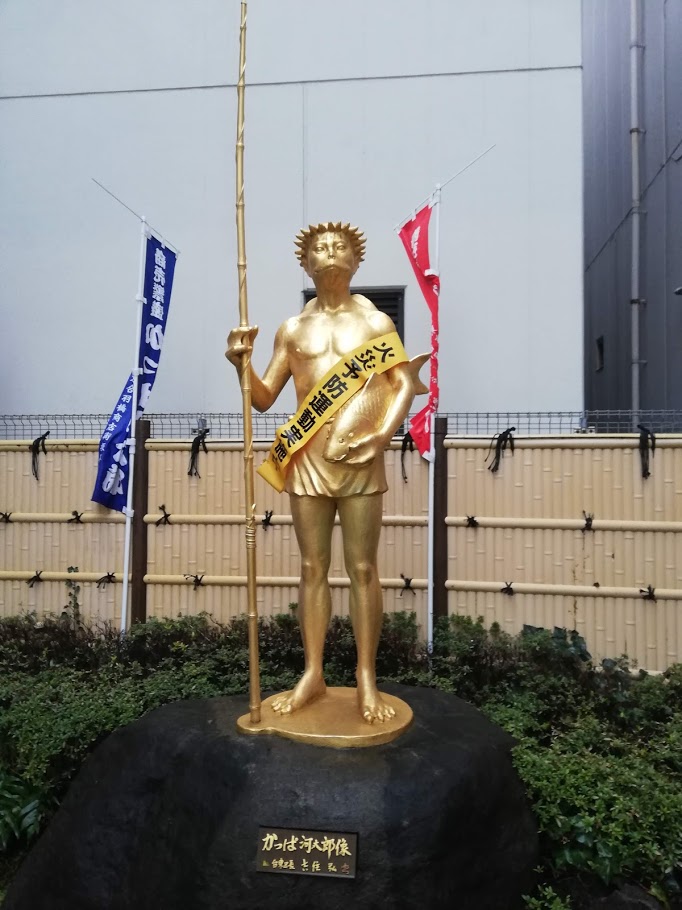
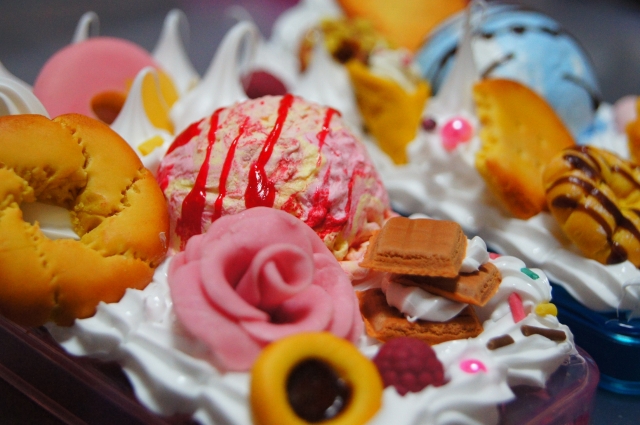
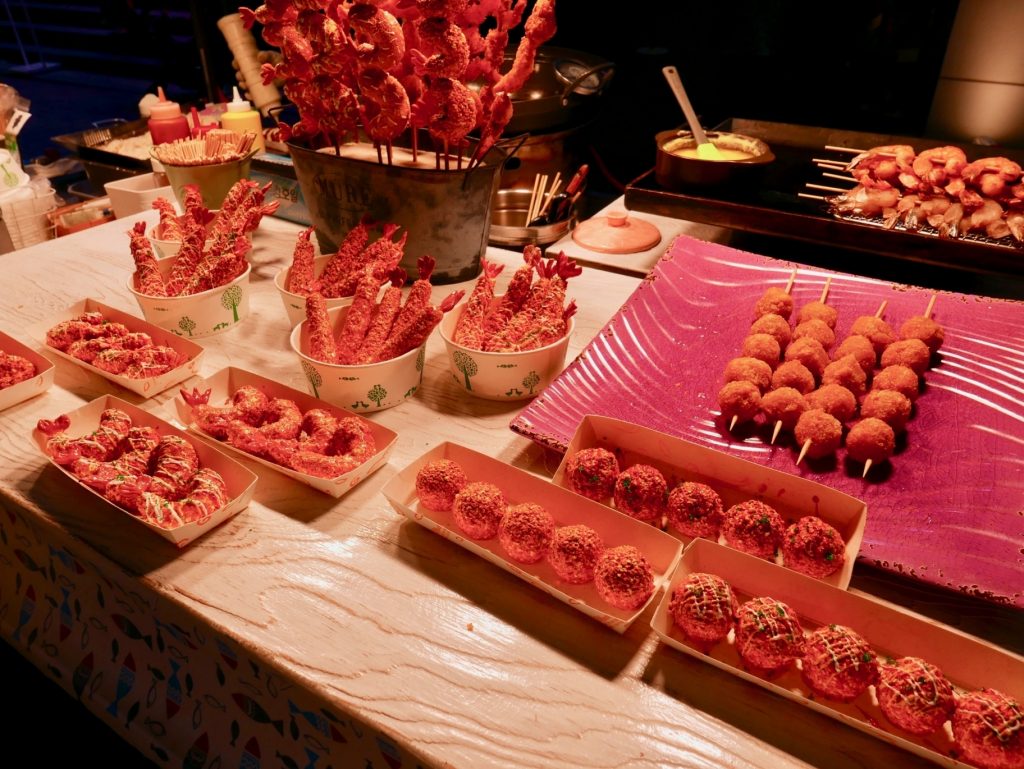


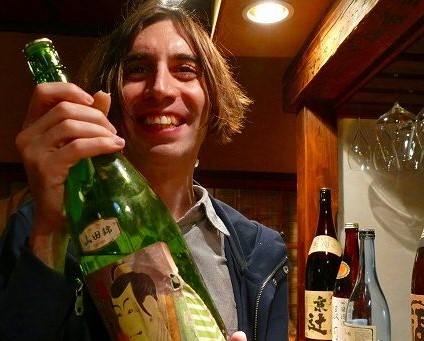
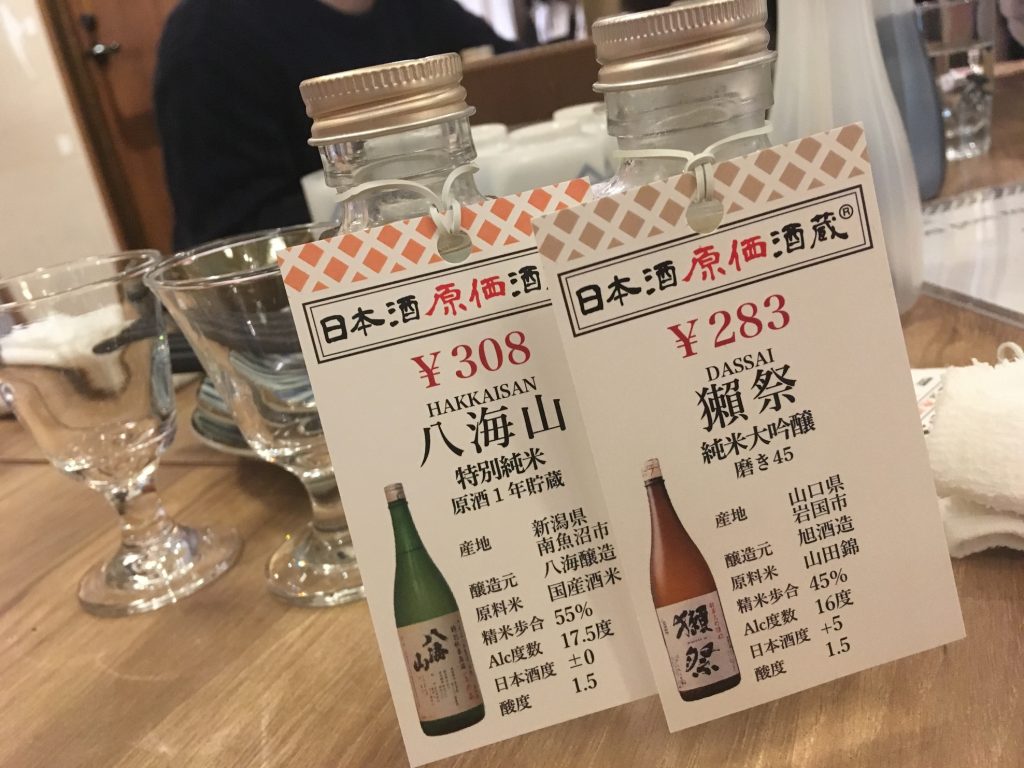
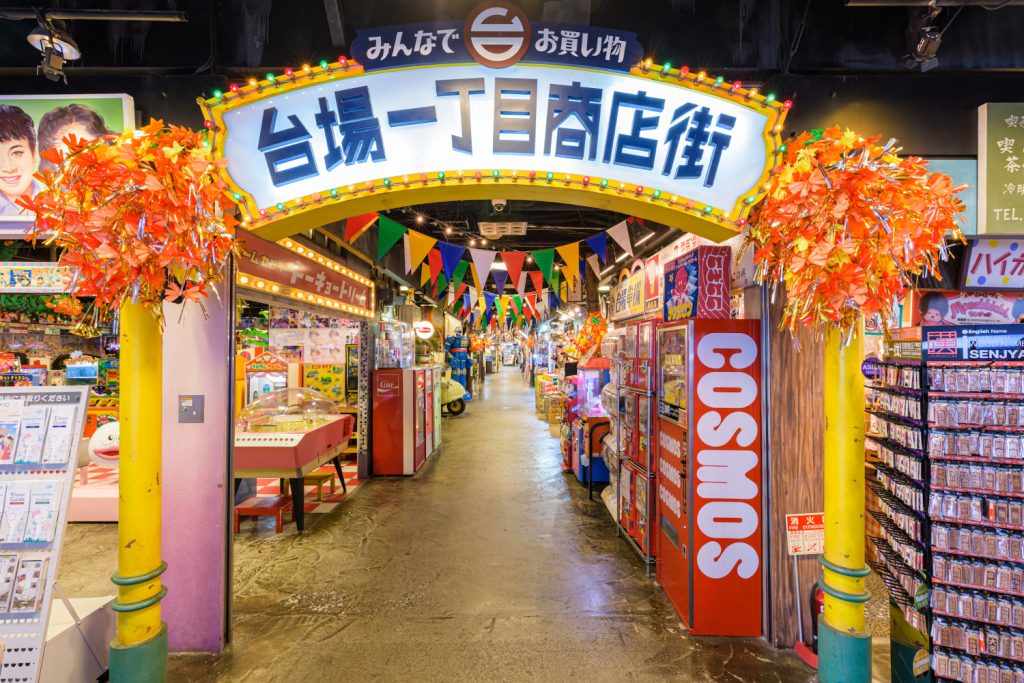
Originally from London, Finn Burton is an English teacher, translator and journalist who has lived and studied in both Tokyo and Kyoto. Most of his time is spent searching for unique places in Tokyo, new music, or Japanese novels to make daily train journeys more interesting. Finn is most active on ADSR Collective, where he writes about fresh electronic music.